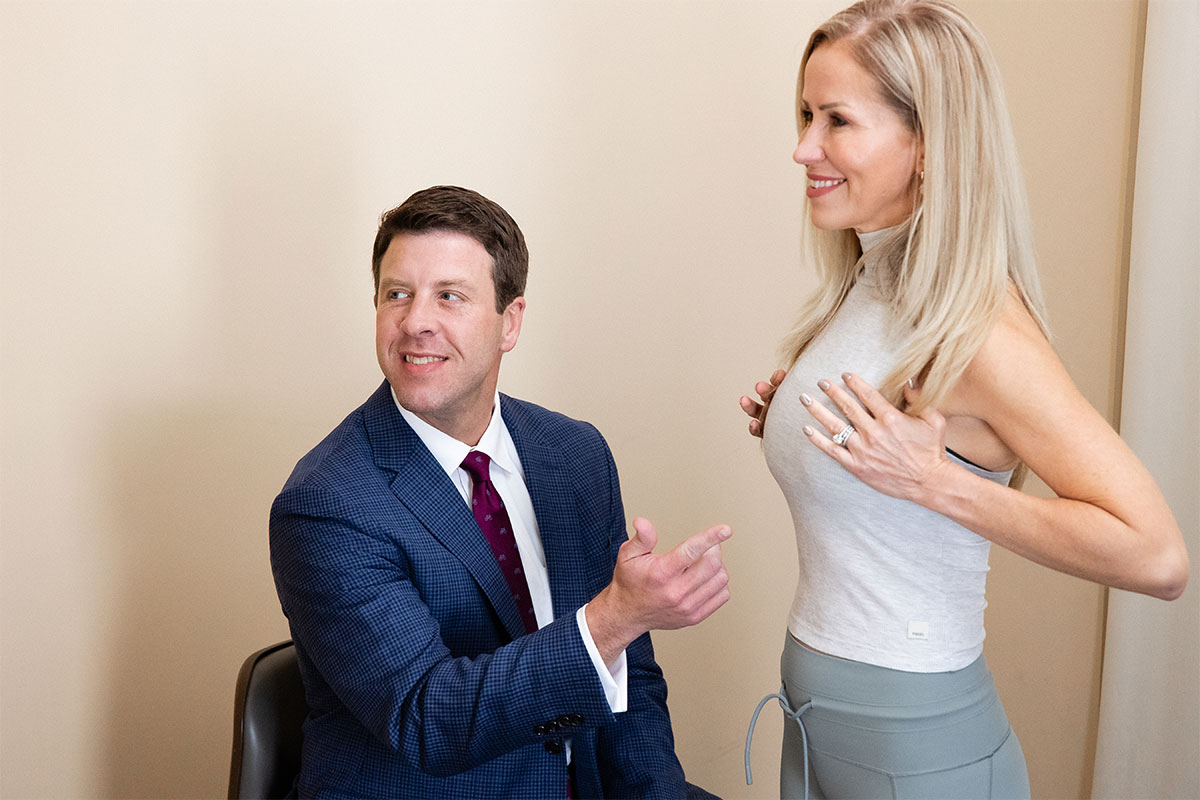
Dear Doctor: I have set a goal for myself to lose 57 lbs. And when I do, I would like breast implants to reward myself for a job well done. But I am very scared about the pain. I was wondering if you could send me info about the pain and healing process.
Dear Reader: Improvement in the surgical procedures and anesthesia have greatly reduced the pain and discomfort associated with procedures such as breast augmentation. While complications are certainly possible with any surgical procedure, most patients go though the surgery and recovery period without problems and feel that the rewards are worth any discomfort and debilitation that they might experience. Some of the things that doctors attempt to prevent are reactions to medications, poor scarring, hematoma and infection. These potential complications are with any surgery. There are several potential problems unique to breast augmentation. Asymmetry or improper location of the implants is possible. This usually occurs when there is preoperative discrepancy in the size of the breasts. The surgeons who perform breast augmentation at our clinic (Drs. Metzinger and Guerra) attempt to obtain symmetry by using different size implants but occasionally the asymmetry persists. The most common problems associated with augmentation are the formation of “capsules” and temporary loss of nipple sensation. Permanent loss of sensation is unusual but can occur anywhere in the breast. Capsules are circumferential scars around the implants causing an unnatural firmness to the breast. Although submuscular (under the muscle) placement of the implants has dramatically decreased this problem, occasionally some degree of firmness is present. If the capsule becomes severe causing an unnatural appearing or painful breast, a second operation to release the capsule may be necessary. Massage of the implants is an important step in preventing capsule formation. Loss of nipple sensation is almost always transitory and eventually resolves. Varying amounts of postoperative discomfort are common to any operation as well as some nausea, swelling, and possibly bruising of the chest skin. The swelling and bruising can be reduced by wearing a support bra. The support bra is worn at all times for one week. To help the body maintain the size and shape of the pockets, the implants are massaged beginning on the third day, in a manner that your doctor and nurses will instruct you. Activity after submuscular implant placement must be limited for six weeks. We prefer no heavy lifting over twenty pounds, no aerobics and no swimming. Walking is recommended but jogging is not advisable. Most women do find that they are able to return to work at 3-5 days.
As with any operation, your healing will be a personalized activity. It usually takes two to three months for your scars to soften and begin to fade. Your scars must be protected from sunlight during the entire healing process. Your breast shape and location of the implants will slowly change over several months until your healing is well underway, so do not be disturbed if your breast shape seems too high or that your skin feels tight. Your body and the effect of gravity and massage will allow your implants to settle into the final result. We believe any woman who envisions herself as having small breasts is a candidate for augmentation mammaplasty. The ideal patient has given the operation considerable thought and has decided to proceed to improve her self-image. She is entirely self-motivated to look better both in and out of clothing and is not making the decision at the urging of someone else. Before you decide, do your homework. Selecting the right surgeon and facility are the most important decision a patients makes about surgery. The right decision generally gives one the best chance to have a pleasant experience and obtain the best result. If you would like any more information on this or other health related topics, call the McCollough Institute for Appearance and Health at 251-967-7600, email info@mccolloughinstitute.com or visit our website www.mccolloughplasticsurgery.com. If you would like to ask Dr. McCollough a question, please Contact Us.

